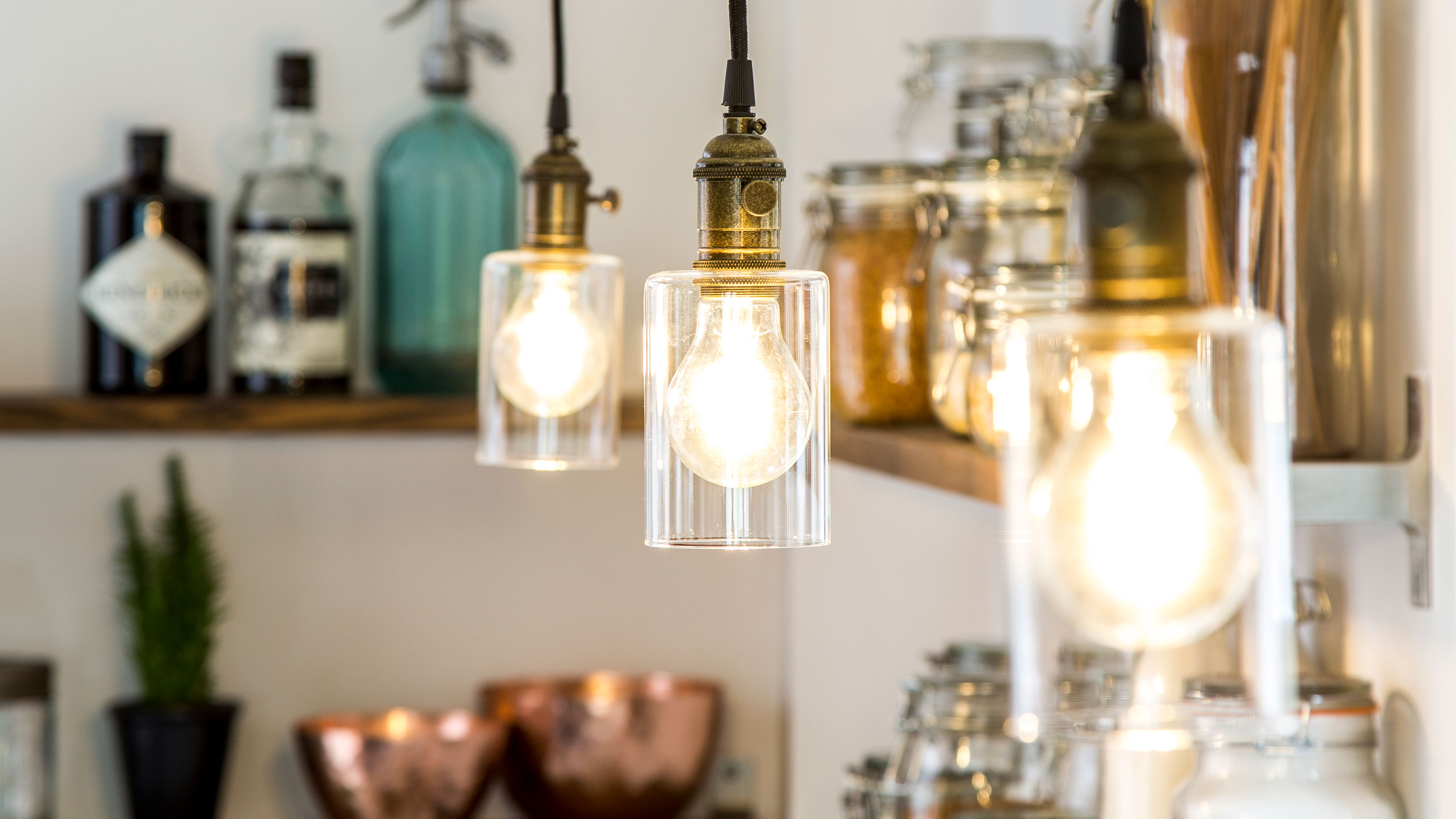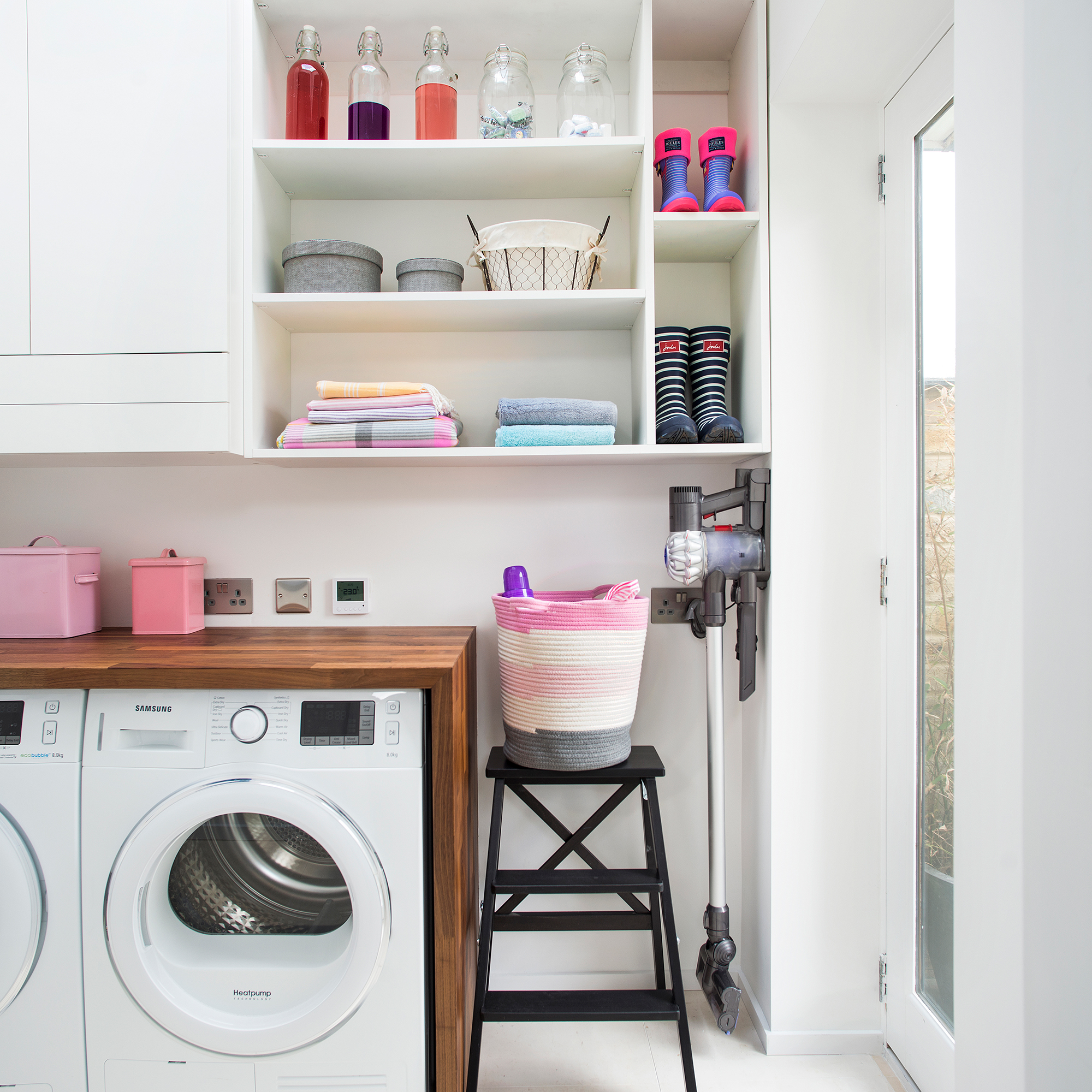The easily-avoided energy mistakes that are adding up to £300 to your energy bills
If you're looking to cut your energy bills down, stop making these three mistakes


Sign up to our newsletter for style inspiration, real homes, project and garden advice and shopping know-how
You are now subscribed
Your newsletter sign-up was successful
Rising energy bills sadly don't seem to be going anywhere, and for the most part, this is out of our control. The good news is is that there are steps we can take to save energy at home, and top of the list is to avoid the energy mistakes that are adding to your bills.
Experts have revealed the three things that are adding the most money to energy bills across the UK. Combined, these energy mistakes could be adding a total of £338 to your energy bills! We're sure that money could be better spent on plenty of other things, so here are the top energy mistakes to avoid this year.
Energy mistakes that are adding ££ to your bills
1. Not using the timer on your heating

According to a study by ElectricalDirect, manually switching your heating on and off instead of scheduling it is the biggest energy mistake people make.
'Almost half of Brits (46%) in our study say they don’t schedule their heating, meaning energy could be being used when it's not needed, like at night or when no-one is home,' says Dominick Sandford, Managing Director, ElectricalDirect. 'This could add up to £156 onto your bills every year.'
Switching the heating on when you start to feel chilly means that it's usually left on for longer than it needs to be. To save your bills, set the heating to come on for one hour in the morning and one hour at night via the timer.
2. Leaving lamps on

You probably already know that leaving lights on in unused rooms is adding unnecessary pennies to your energy bill, but it may surprise you to find out exactly how much. According to Julia Barnes, Head of Buying at Value Lights, leaving just one lamp on overnight could add £112 to your energy bills.
'The electricity used by our devices and appliances while in standby mode has become a focus for people looking to reduce their energy bills,' says Julia. 'However, this cost seems insignificant when compared to the energy consumed by leaving your light on.'
Sign up to our newsletter for style inspiration, real homes, project and garden advice and shopping know-how
The yearly overnight total of leaving a 100W bulb on is £111.17, to be precise, whereas leaving a 60W bulb on will cost £65.75. Next time you leave a room, remember to flip that switch!
3. Using the tumble dryer for every wash load

Tumble dryers are great - they dry the laundry with minimal effort on our behalf, but if you're using yours after every single wash load, the cost to run a tumble dryer adds at least an extra £70 to your annual energy bill.
'Tumble dryers are big energy users, so if possible, try to air-dry your clothes on a line or clothes horse,' says Dominick from ElectricDirect. 'If you are air-drying indoors, consider using a dehumidifier, which are far cheaper to run and still get the job done.'
It might be unrealistic to stop using the tumble dryer completely, but try setting a limit for how much you use it. Once a week is much better than every day.
What can I do if my energy bill is too high?
If your energy bills are too high, it's important to be aware of the energy mistakes that are adding to your bills, such as overusing the tumble dryer, leaving lights on, and manually turning your heating on and off instead of using the timer. Cutting these mistakes out could save you well over £100 on your annual energy bill.
You can also learn how to bleed a radiator if yours is making gurgling noises when you switch the heating on. 'A quick and simple job that saves up to £130 on energy bills is to bleed your radiators which will improve efficiency as this releases air that is trapped inside,' says Jess Steele, Heating Technology Expert, BestHeating.
'Something else to consider is your loft and wall insulation. The recommended depth of loft insulation is between 220-270mm, which has more than doubled in the last few years. If your house is old it may have just 100mm depth, so updating this can save as much as £200 on energy bills.'
Which energy mistakes that are adding to your bills are you currently making? We're all guilty of leaving the light on sometimes, but making that extra bit of effort to be more energy efficient could save you a lot of money in the long run.

Katie has been writing freelance since early 2022, specialising in all things homes and gardens, following achieving a Masters in Media and Journalism. She started out writing e-commerce content for several of Future’s interior titles, including Real Homes, Gardeningetc, Livingetc, and Homes and Gardens. Since then she’s been a regular contributor on Ideal Home’s digital team, covering news topics, how-to guides, and product reviews.